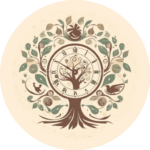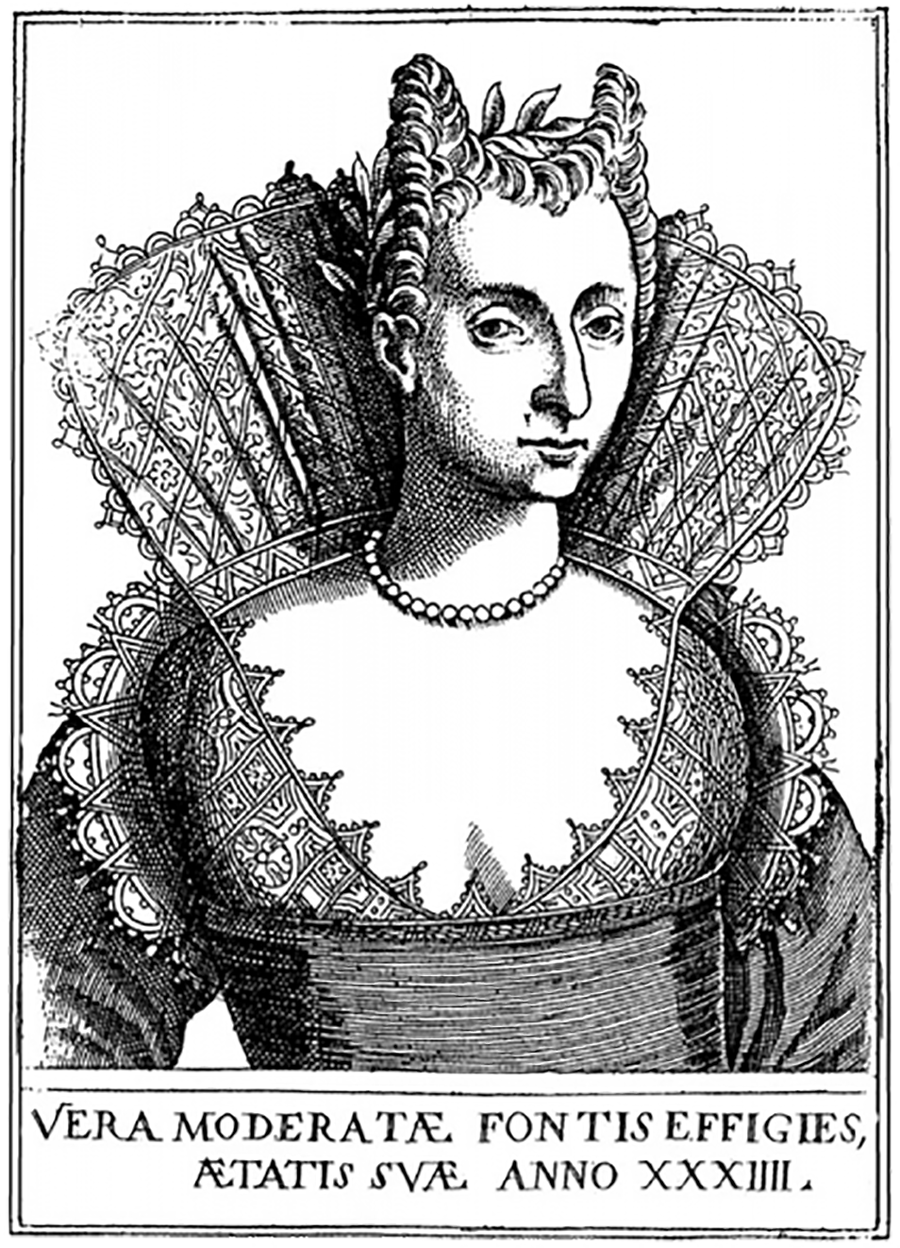If there’s one person who thought and wrote about penises a lot, it was Sigmund Freud (1856-1939), the ‘father of psychoanalysis’. Like many nineteenth-century intellectuals, Freud was interested in sex and sexuality, and how lived experiences shape our minds. For men like him (for it was mostly men who were writing about this subject), Greco-Roman antiquity was key to understanding …
Moderata Fonte and ‘The Woman Question’
Is there anything more enlightening than listening in while women discuss their role in society? As the recent adaptation of Miriam Toews novel Women Talking shows, this is a pretty fascinating premise. In Toews’ story, which was inspired by real events, eight women from a Mennonite community gather to decide what to do in the aftermath of horrific sexual attacks …
The Fascinating World of Aphrodisiacs
When most of us think of aphrodisiacs nowadays, we imagine a menu of oysters and chocolate, perfect for Valentine’s Day – even if the odd garlic or fenugreek makes an apparition here and there. In the modern world, aphrodisiacs are meant to stimulate the body and increase sexual pleasure: the word comes from the Greek goddess of love and sex, …
Why is it that we imagine an older woman when we think of a witch?
Close your eyes and imagine a witch. What do you see? In my case, perhaps unsurprisingly, I picture the Wicked Witch of the West as played by the wonderful Margaret Hamilton: stooped posture, hooked nose, hairy moles on a green face, slim body dressed in black robes, wispy hair covered by a hat, broom clutched menacingly in Dorothy’s direction. She’s …
‘Holy Anorexia’: The Fascinating Connection between Religious Women and Fasting
Social media might make it seem like fasting (and especially intermittent fasting) is something new. But fasting – voluntarily or not – has arguably existed for as long as humans have. People have abstained from food throughout history for many different reasons, not least of which scarcity of nourishment (think of hunter-gatherers during a harsh winter).
‘Extended’ Breastfeeding in the Elizabethan Period
In the UK today, only 1% of babies are exclusively breastfed by the time they are six months old, as recommended by the World Health Organization. Even fewer infants are breastfed by their first birthday; extended breastfeeding, nursing beyond that age, is rarer still. Yet it was not always so.
‘Follow what I say’: Isabella Cortese and Early Modern Female Alchemists
ow would you go about learning alchemy? Well, I would start by making a list of alchemists whose work I should read. Then, I would do a lot of reading. That might seem unimaginative – and it is – but, for centuries, that’s how people learned alchemy. Of course, they would eventually go to their laboratories or kitchens and try things out in practice. But reading was essential.
On the Medusa, Vampires, and the Fear of the Female Body
I recently read Natalie Haynes’ incredible new novel, Stone Blind: Medusa’s Story (which I highly recommend), and that got me thinking about female monsters – and menstruating women. The Medusa is an ambiguous figure: both fascinating and repulsive, aggressive and victimised. While we all know her power to turn men who looked at her into stone, few people know her story.
Motherhood and Wet Nurses: Breastfeeding in Early Modern Times
If you were living in early modern England (say in the 17th century), there were so many things to consider after you had a baby. But one of the main decisions had to do with breastfeeding: should the mother feed the child herself, or should a wet nurse be hired? (A wet nurse was someone whose job was to care for and breastfeed the baby.)
Elizabeth I and Ageing
A few days before Queen Elizabeth II’s death, she met the UK’s new prime minister, Liz Truss, at Balmoral Castle, in Scotland. Royal watchers were quick to point out what appeared to be a bluish bruise on her hand, as concerns over her health grew. At the time of her death, the Queen (1926-2022) was 96 years old, having reigned for 70 years. As the media coverage of the mourning and funeral rites took over the UK and much of the world, I couldn’t stop thinking about the Queen’s hands and ageing. I inevitably thought of Elizabeth I’s hands, famously beautiful with their long fingers, even into her old age.











